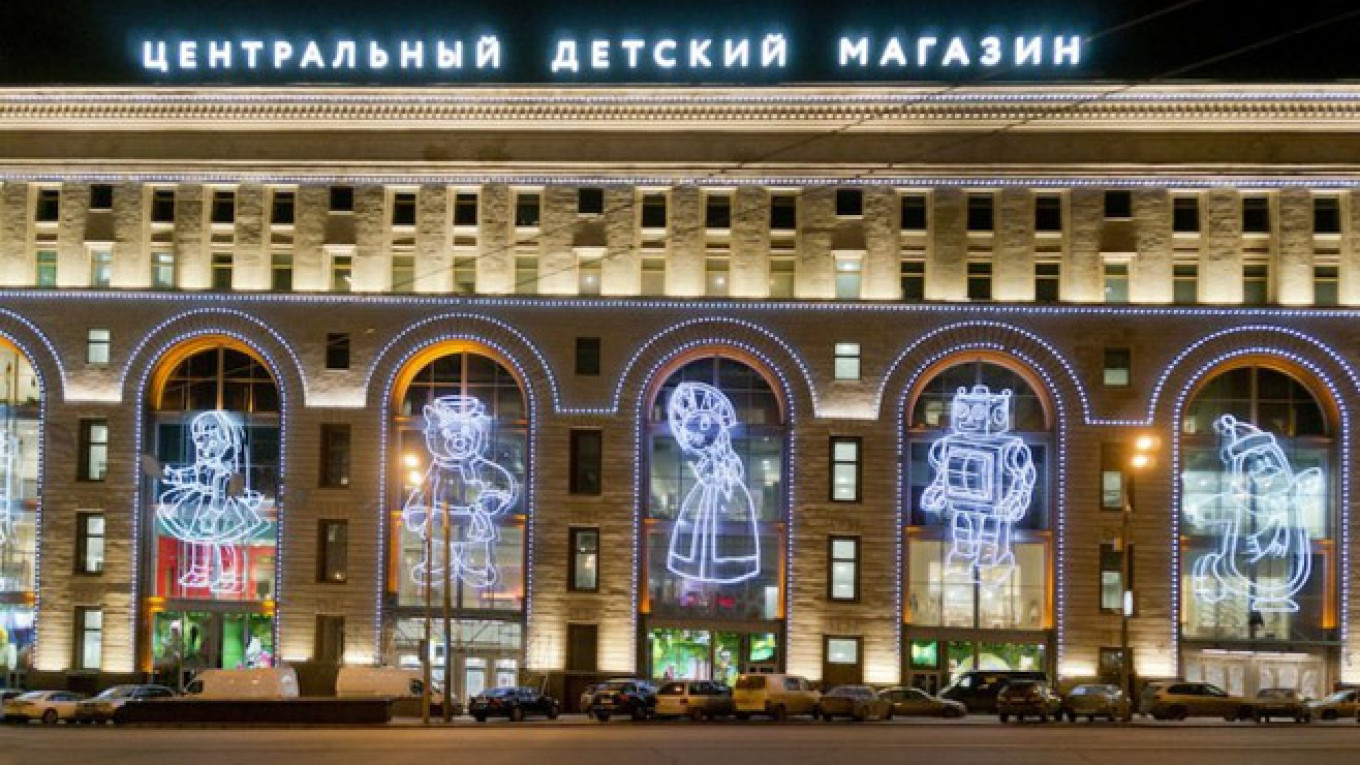Former Soviet leader Josef Stalin received an urgent message from the Soviet secret police, the NKVD, on March 15, 1935, reporting that the Balakirev button factory was churning out buttons with fascist symbols — that it had produced 120,000 bearing swastikas in the previous three months alone.
In fact, they were ordinary leather buttons with stitching that vaguely resembled a swastika — but only if you looked closely and at the right angle. Otherwise, you would never notice anything unusual about them. In fact, such buttons are back in fashion now. The NKVD agents informed Stalin that the factory's chief product engineer — a German national named Elender — had approved the design, implying that it was definitely an enemy sabotage.
Stalin took the news seriously, writing in the margin of the memo, "This is wicked." That set the wheels of repression in motion. The authorities arrested all of the managers at the factory, including the German national, and the Soviet Union ceased producing buttons with that particular stitching for several decades.
I read that story several years ago in a collection of documents published jointly by the Alexander Yakovlev Foundation and Yale University Press, and then forgot about it as just another curiosity.
However, the story again came to mind a few days ago when the Prosecutor's Office and Investigative Committee opened a criminal investigation into a Moscow children's store selling toy soldiers dressed in Nazi uniform. The authorities questioned the store's owner, searched the warehouse and even searched the employees' homes.
The case has received national media coverage. Pro-Putin "civic organizations" have even joined forces to publish a letter expressing their alarm. State-controlled media are presenting the case as an unusually cynical attempt by Russia's enemies to play a subtle trick on this country just as it is about to celebrate the anniversary of its victory over fascism on May 9. I would not be surprised if the searches are even followed by several arrests.
Of course, the whole case is very strange. When playing with toy soldiers, children usually divide them into two opposing armies. But if miniature "fascists" are now considered extremist toys, does that mean little Soviet soldiers must shoot their fellow toy Soviets? Well, if the authorities say "No more Nazis," then that's how it must be.
Once toy store owners across Russia learned of the high-profile criminal case, they rushed to pull every offending little German soldier from their shelves. I don't know if they are melting those toys down or how they are getting rid of them.
I looked at the popular online store "Nashi Igrushki" (Our Toys) to learn what types of toy soldiers Russian kids can buy nowadays. The site offers every imaginable option, including little Nazis — although the words "temporarily out of stock" appear next to the price.
Still, the store has all sorts of Russian and Soviet servicemen — pilots, seamen and even policemen. Children can also purchase a variety of equipment such as tanks, military jeeps and so on for the soldiers to use.
I was particularly intrigued by the little paddy wagon for sale. These notorious trucks with their barred windows are the same vehicle into which Russian riot police herded anti-Putin demonstrators before sending them off to different police stations, and sometimes directly to court to face charges.
In a bit of advertising copy that would bring a smile to the face of any Kremlin spin doctor, the catalogue suggests: "Your child can pretend to be a policeman riding up in the paddy wagon to disperse a demonstration."
Now that it is forbidden to sell little fascists, I wonder if stores could sell miniature opposition members instead. After all, Russian children need somebody to throw into their paddy wagons.
Andrei Malgin is a journalist, literary critic and blogger.
A Message from The Moscow Times:
Dear readers,
We are facing unprecedented challenges. Russia's Prosecutor General's Office has designated The Moscow Times as an "undesirable" organization, criminalizing our work and putting our staff at risk of prosecution. This follows our earlier unjust labeling as a "foreign agent."
These actions are direct attempts to silence independent journalism in Russia. The authorities claim our work "discredits the decisions of the Russian leadership." We see things differently: we strive to provide accurate, unbiased reporting on Russia.
We, the journalists of The Moscow Times, refuse to be silenced. But to continue our work, we need your help.
Your support, no matter how small, makes a world of difference. If you can, please support us monthly starting from just $2. It's quick to set up, and every contribution makes a significant impact.
By supporting The Moscow Times, you're defending open, independent journalism in the face of repression. Thank you for standing with us.
Remind me later.






